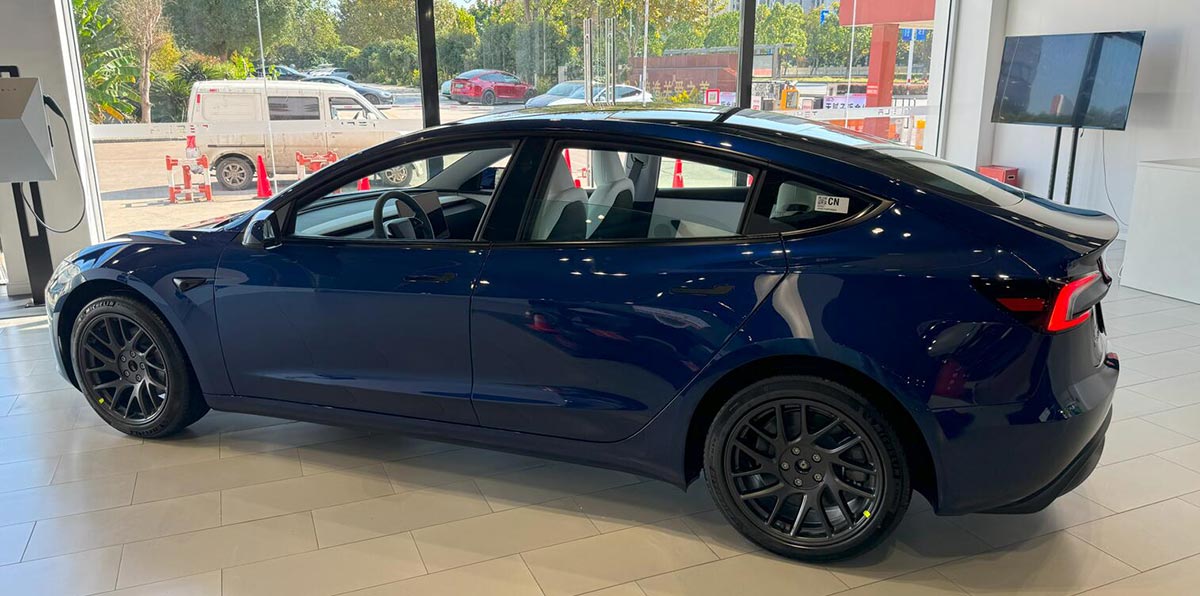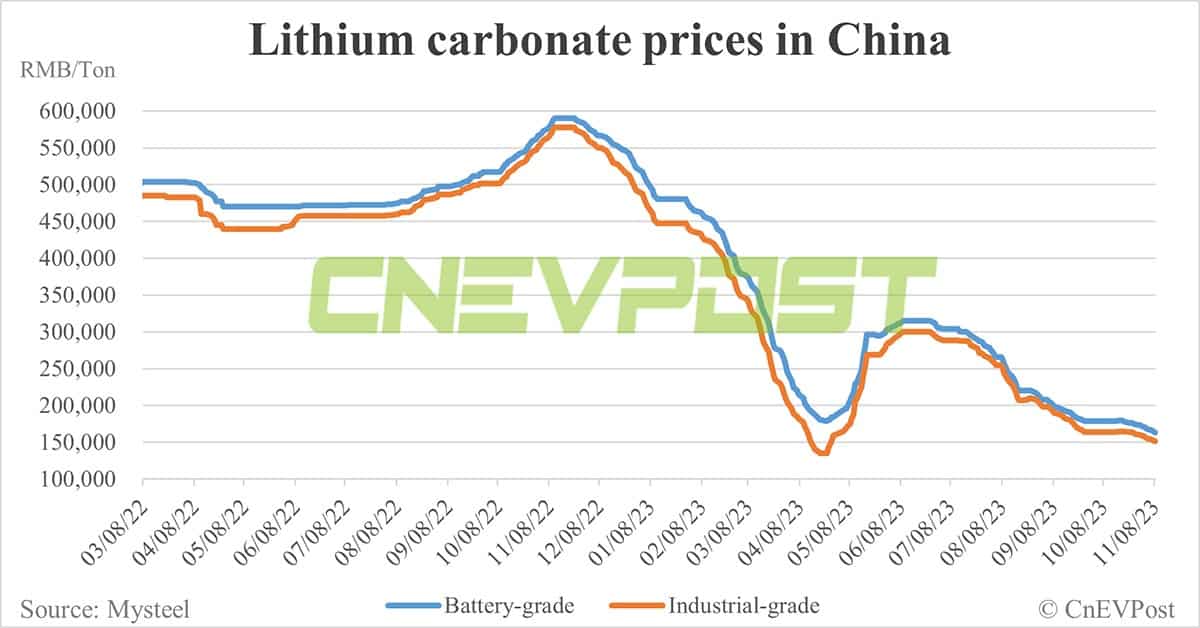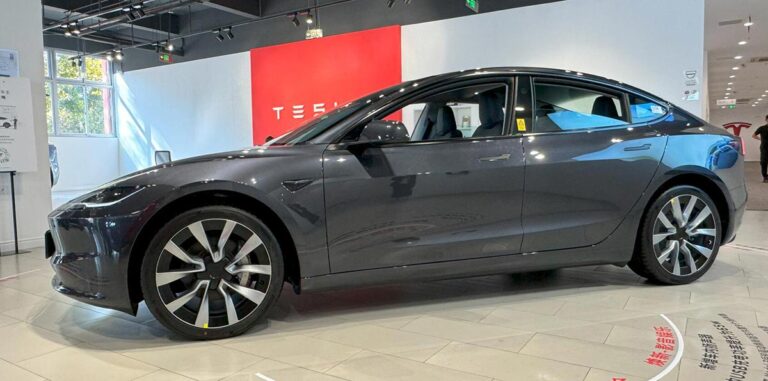Prices are going up because of rising costs, and if costs go down, prices could go down, a Tesla staff said.
(Image credit: CnEVPost)
Tesla (NASDAQ: TSLA) earlier today raised the prices of the long-range versions of the Model 3 and Model Y slightly in China, as a continuation of the Model Y Performance price hike it made at the end of last month. For these moves, the company said it's due to cost increases.
The price increase is due to rising costs, and there are no changes to the vehicle's configuration, local media outlet Elephant News quoted a Tesla customer service staff as saying today.
It's normal for car prices to go up and down, and if costs go down, prices may go down, the staff said.
Tesla has a factory in Shanghai that produces the Model 3 and Model Y. The factory's current annual production capacity of more than 950,000 vehicles is Tesla's largest in the world, according to the company's third-quarter financial report released last month.
The Model 3 is offered in two versions in China -- the entry-level version with rear-wheel drive, and the Model 3 Long Range version with dual-motor all-wheel drive. The Model Y is offered in three versions -- the entry-level version with rear-wheel drive, the dual-motor all-wheel drive Model Y Long Range, and the dual-motor, all-wheel-drive Model Y Performance.
On October 27, the Model Y Performance's starting price in China was raised by RMB 14,000 ($1,920), from RMB 349,900 to RMB 363,900.
Earlier today, Tesla said that effective immediately, the price of the Model 3 Long Range has increased by RMB 1,500 in China, and the Model Y Long Range version has increased by RMB 2,500.
While Tesla staff blamed the price hike on rising costs, it's actually more likely that they're meant to motivate potential customers who are still on the sidelines to place orders.
Tesla has been warming up for the move for several days before today's price hike.
In terms of cost, the price of batteries, which have a big impact on the cost of EVs, has been coming down over the past few months. In many EV models, the battery pack can account for 30 to 40 percent of the vehicle's cost.
The average price of square ternary cells for EVs was RMB 0.57 per Wh in October, down 2.2 percent from September, market research firm TrendForce said in a November 3 report.
The average price of square lithium iron phosphate cells was RMB 0.52 per Wh in October, down 2.4 percent from September. Soft pack ternary cores had an average price of RMB 0.61 per Wh in October, down 2.2 percent from September, according to TrendForce.
Due to the lack of demand in the power battery market, the price of upstream lithium battery raw materials is also continuing to decline.
Since June 25, the average price of battery-grade lithium carbonate has fallen by more than 50 percent from RMB 315,000 per ton to just over RMB 160,000 per ton, according to Mysteel.
($1 = RMB 7.2838)


